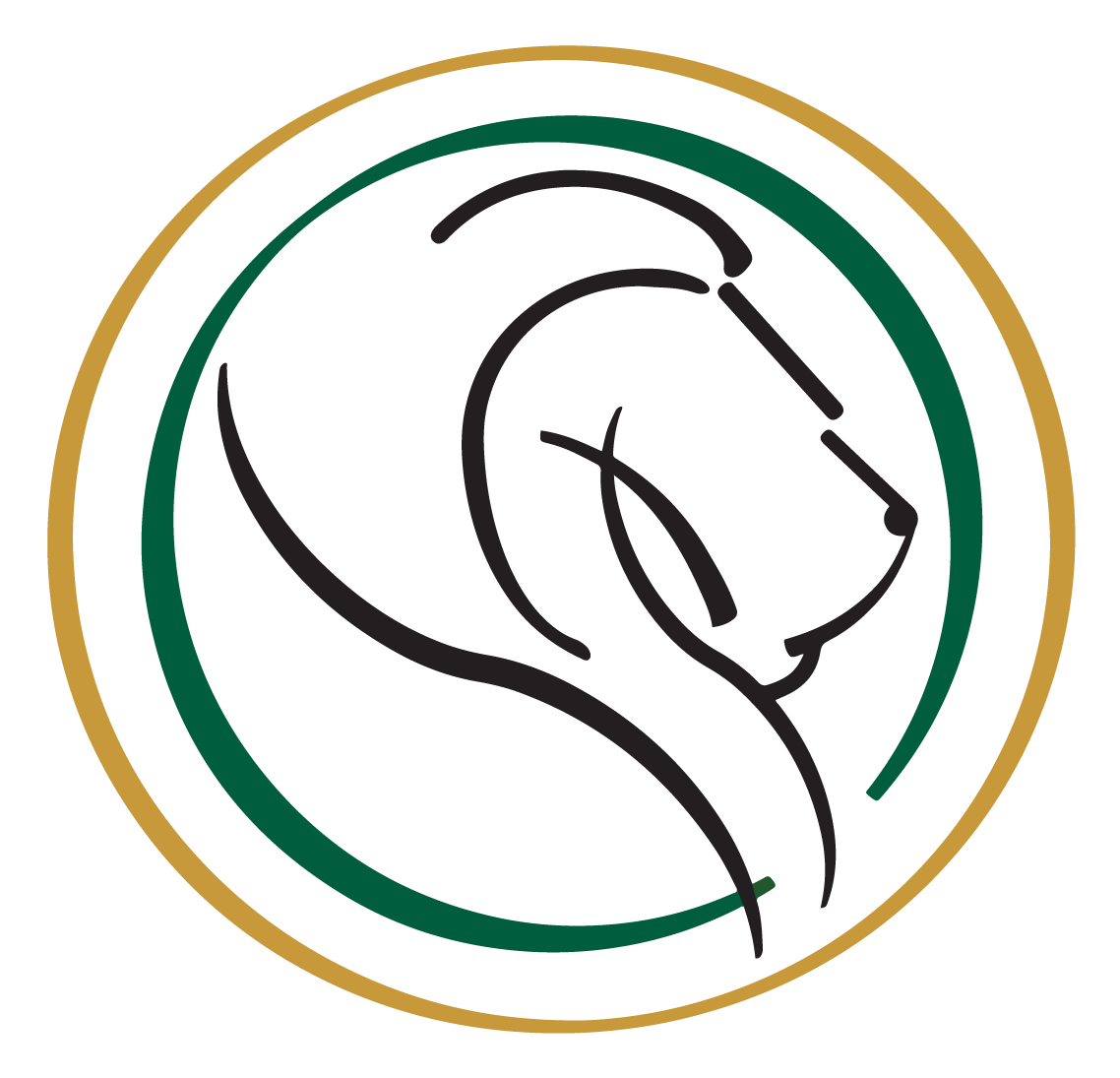Students across grade levels are currently finishing up, diving into, or in the midst of inquiry and research projects. The inquiry and research process begins with one or more essential questions - an open ended, provocative question that lead students to ask more of their own questions, which then drives the research. At the younger grades, the research process involves a high degree of teacher modeling and support and at the older grades, students can start to take on more and more responsibility for their projects. Here is a snapshot of the exciting inquiry and research projects across grade levels:
In first grade, students are embarking on a research project delving into local plant and animal survival. After developing their research questions, they will use books, iPads and several apps to access curated, age-appropriate sources to answer their questions.
In second grade, students are in the midst of a research project around any animal of their choice. They are using books, Chromebooks, and iPads to support their research. They are becoming familiar with Google Classroom, and will utilize Worldbook Kids, a curated database.

In third grade, students are finishing up a unit on fire. (Mr. Burkhart and I shared an earlier news post about the research process and technology integration, if you are interested in reading more.) You can see their final projects here.
In fourth grade, students are in the midst of researching Native Alaskan culture. They are comparing an contrasting Western Culture and Native Alaskan culture. We are using a similar note-taking process as the third grade, with the added step of diving into "Googling" using reSEARCH strategies. Students are learning how to evaluate a source to determine its reliability and credibility.

In fifth grade, students have been researching Oceania, and we also discussed online research skills and strategies using search engines. They were particularly interested in experimenting with Boolean search strategies.
In sixth grade, all students just finished a trimester-long class in which they planned for, researched, scripted, and executed a podcast on a topic of their choosing. Their research overlapped with the Columbian Exchange project research for Humanities, so they learned and utilized online research skills and strategies and NoodleTools in multiple classes. A few groups are putting the final touches on their podcasts, which they created using Soundtrap for Education:

Podcasts will be uploaded here if you would like to listen!
In seventh grade, students are about to embark on a research project focused on Indigenous Peoples' Contemporary Issues. The focus of the project will be: "Due to power imbalance, Native Americans faced and still face injustices in the US." Using the question formulation technique, students will delve into the injustices and select one to research. The culminating presentation of learning will be a paper and podcast.
In eighth grade, students will begin a Changemaker research project, ultimately creating their own version of a "TedTalk". The eighth graders will brainstorm and select topics and people they are passionate about and will dive into research, NoodleTools, and create slides with a variety of multimedia to present their learning.

